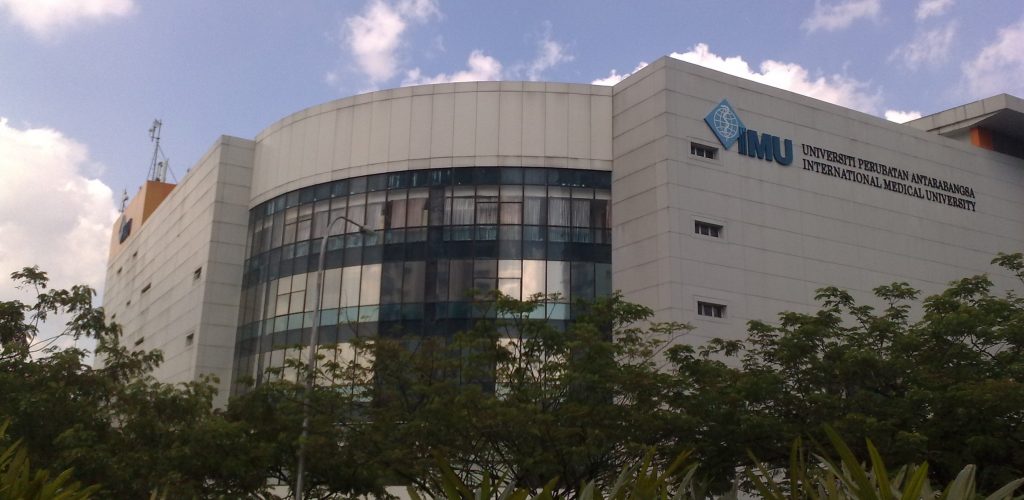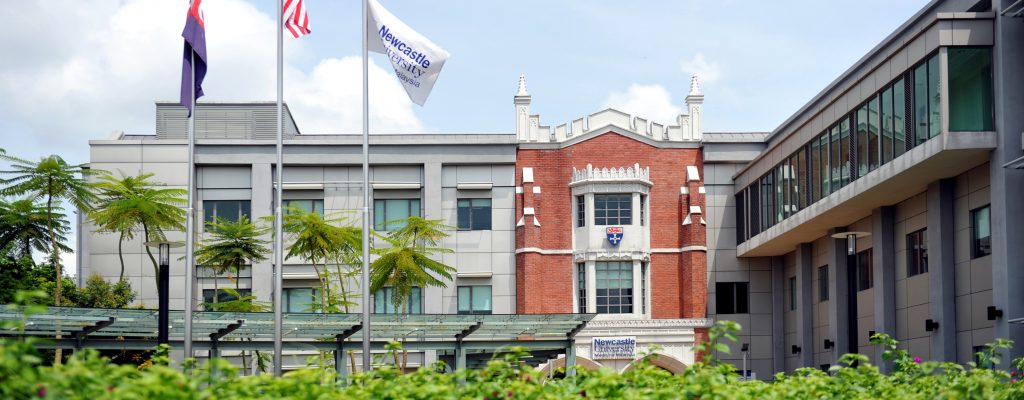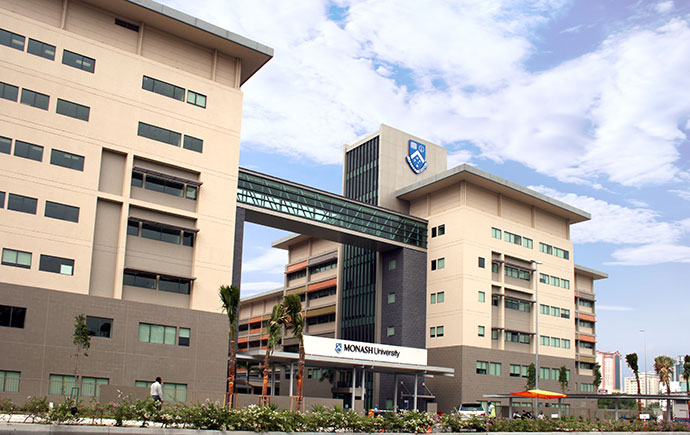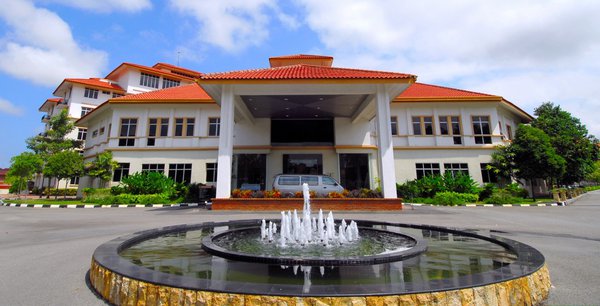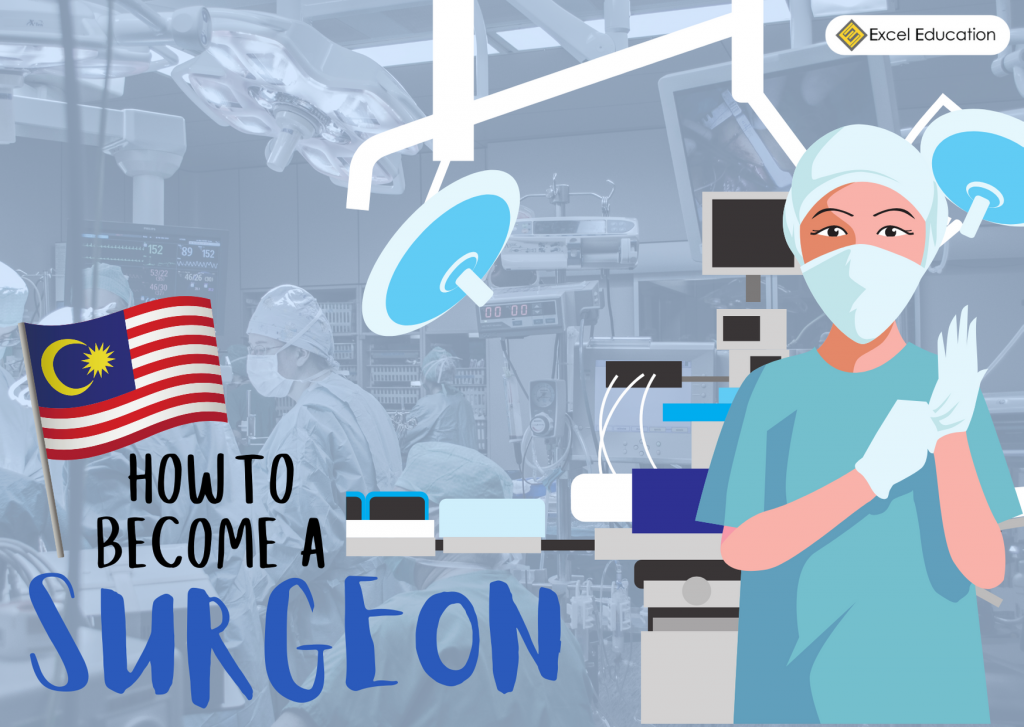
Have you spent hours and hours binge-watching shows like Grey’s Anatomy, The Good Doctor or even Scrubs and thought to yourself how amazing you’d do as a surgeon? Do you think you have what it takes to operate on an open human body on a table in front of you?
Let’s break down everything you need to know about becoming a surgeon in Malaysia before you make a decision to step into the world of medicine and hospitals.
Types of Surgeon
Once you’ve made your choice in becoming a surgeon, the next step is to understand the different types of surgeons there are in the medical world. All surgeons learn general core knowledge of anatomy, physiology, metabolism, immunology, pathology, wound healing, intensive care and many more but many times, surgeons choose to go into one specialization in which they can focus their career on.
Type of Surgeon | Specializations |
General Surgeon |
|
Colon & Rectal Surgeon |
|
Neurosurgeon |
|
Obstetrician and Gynecologist |
|
Ophthalmologist |
|
Oral and Maxillofacial Surgeon |
|
Orthopaedic Surgeon |
|
Pediatric Surgeon |
|
Otolaryngologist |
|
Plastic Surgeon |
|
Thoracic Surgeon |
|
Urologist |
|
Vascular Surgeon |
|
Difference between a Doctor & a Surgeon
Doctor | Surgeon |
Practice primary care – encourages the body to heal itself | Act directly to correct illnesses, injuries and deformities |
Build long-term relationships with their patients, counsel them & treat their illness | Surgeons cut, fuse and reshape the body’s tissues to restore proper function |
Key Skills Needed to Become a Surgeon
1. Precision
Precision is a key skill that you probably need in becoming a successful surgeon. As your job will consist of full hands-on duties and responsibilities daily, it is incredibly crucial for you to have good fine-motor skills especially with handling surgical instruments such as scalpels, dilators or even suction tubes. You would need a good set of hand-eye coordination with manual dexterity to ensure a successful career as a surgeon.
2. Adaptability
If you want to become a surgeon, you will most definitely need to be able to keep calm in stressful situations. In the world of surgery, most times the surgery does not go according to plan and complications may arise mid-surgery and when this happens, it is highly important for you to be able to adapt accordingly whilst continuing and completing your surgery with the best possible quality output in mind.
3. Endurance
Surgeons work in one of the most fast-paced, highly demanding industries possible. When thinking of becoming a surgeon, you have to keep in mind that you would be required to have both physical and mental stamina. Many times surgeries run from 2-4 hours for basic surgeries but some may take up to 18 hours depends on the complexity of it. With that, you would have to be able to physically endure standing in the operating room and mentally endure operating on a patient for that long.
Key Pathway of Becoming A Surgeon
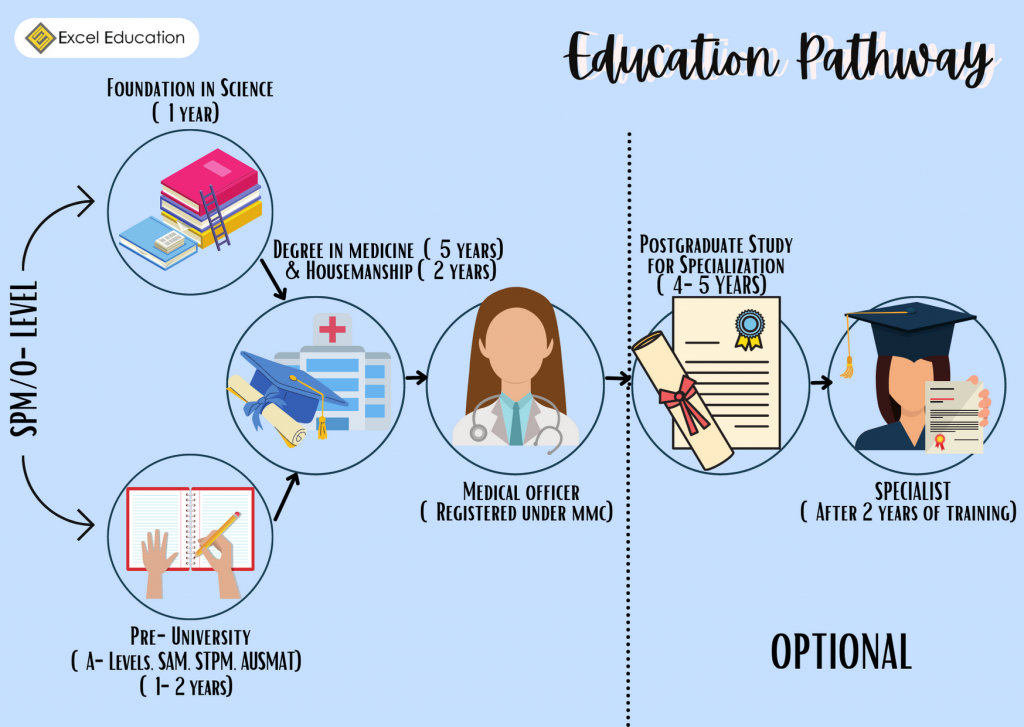
General Pathway of Becoming A Surgeon:
Step 1 : After SPM/O-Levels, you are required to complete a Foundation in Science or a Pre-University course (A-Levels, STPM, AUSMAT)
Step 2 : Join a Bachelor of Medicine, Bachelor of Surgery (MBBS) Degree that lasts for 4.5 to 6 years, along with undergoing a 2 year internship period of housemanship
*Do note that for international students, you will not be allowed to complete your housemanship period in Malaysia
Step 3 : Upon completing your housemanship, you will be a ‘Medical Officer’ registered under ‘Malaysian Medical Council’ which generally takes 8-9 years from completing SPM/O-Levels
Step 4 : [OPTIONAL] If you’re interested in specialization, you can pursue your postgraduate studies after working for several years as a ‘Medical Officer’ which would take you about 4-5 years and 2 years of supervised training to become a specialist.
Step 5 : Upon graduating your postgraduate studies & completing your supervised training, you will be able to be registered as a certified ‘Specialist’ under the MMC.
Academic Requirements to Study Medical Degree in Malaysia
Pre-Requisites | IGCSE & SPM: Min 5 Bs in Math, English, Physics, Biology, Chemistry and 1 other subject |
STPM | BBB, ABC or AAC in Biology, Chemistry, Physics or Mathematics |
A-Levels | BBB, ABC or AAC in Biology, Chemistry, Physics or Mathematics |
Australian Matriculation | Min. ATAR 80 with an average of 80% in Biology, Chemistry, Physics and Mathematics |
Matrikulasi | 5B’s in SPM including Biology, Chemistry, Physics and Mathematics or Additional Mathematics |
Foundation in Science | Min. CGPA of 3.0 in Biology, Chemistry, Physics or Mathematics |
Top 5 Recommended Universities
1. International Medical University (IMU)
Program Name | Bachelor in Medical Sciences (Hons) (BMedSc) |
Program Duration | 4.5 years to 6 years |
Intake | February and August |
Indicative Fee (2021) | RM 494,900 (Malaysians) RM 543,500 (Non-Malaysians) |
2. Newcastle University of Medicine Malaysia
Program Name | Bachelor in Medicine, Bachelor of Surgery |
Program Duration | 5 years |
Intake | September |
Indicative Annual Fee (2021) | RM 97,850 (Malaysians) RM 110,000 (Non-Malaysians) |
3. Monash University Malaysia
Program Name | Bachelor of Medical Science and Doctor of Medicine (BMedSci/MD) |
Program Duration | 5 years |
Intake | February |
Indicative Annual Fee (2021) | RM 101,970 (Malaysians) RM 117,600 (Non-Malaysians) |
4. MAHSA University
Program Name | Bachelor of Medical Science and Bachelor of Surgery (MBBS) |
Program Duration | 5 years |
Intake | October |
Indicative Fee (2021) | RM 445,300 |
5. Manipal University College Malaysia
Program Name | Bachelor of Medicine & Bachelor of Surgery (MBBS) |
Program Duration | 5 years |
Intake | April & October |
Indicative Fee (2021) | RM 345,000 (Malaysians) RM 598,777 (Non-Malaysians) |
Recommended Articles to Read
About the Author

Leo baby & psych major

